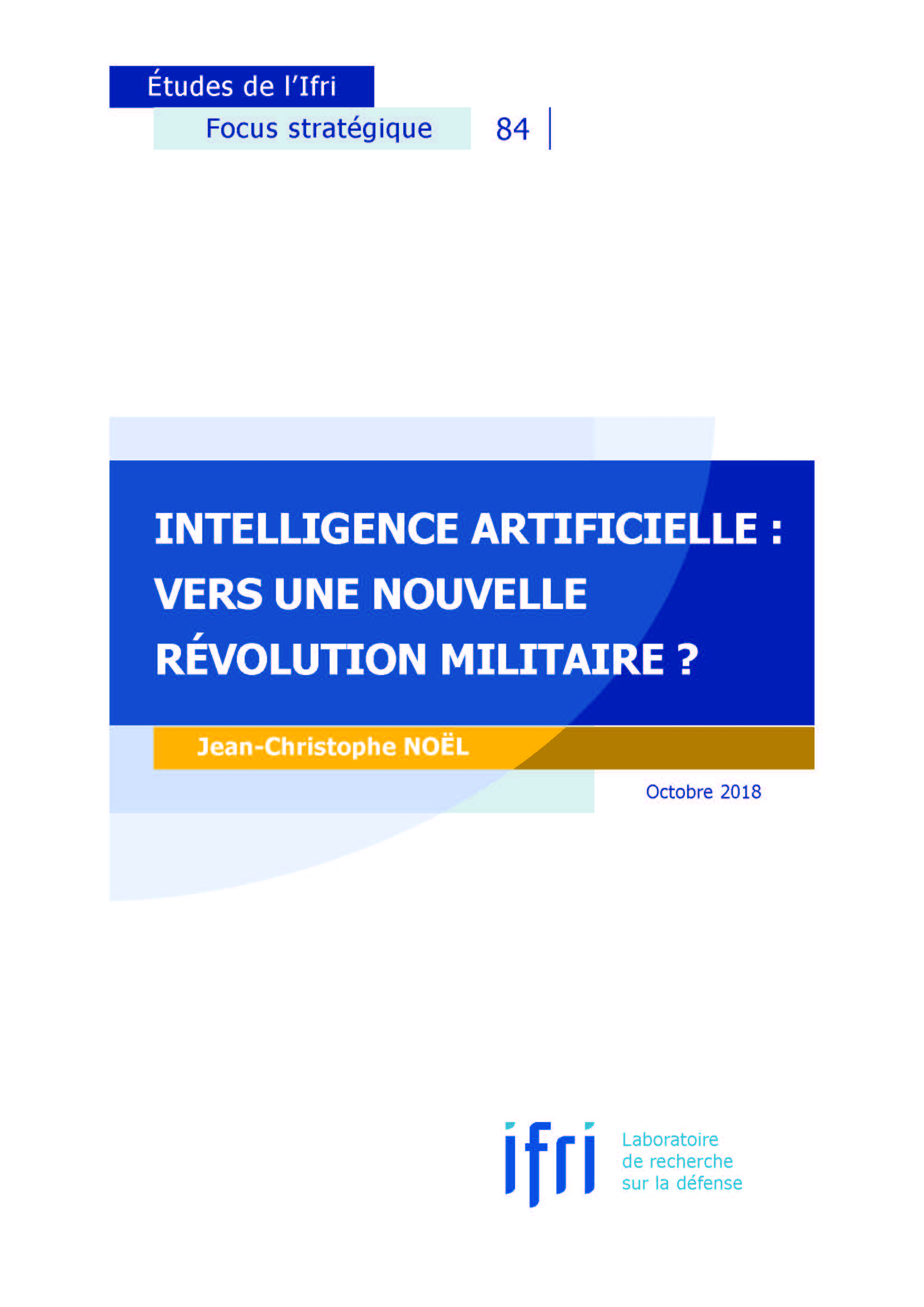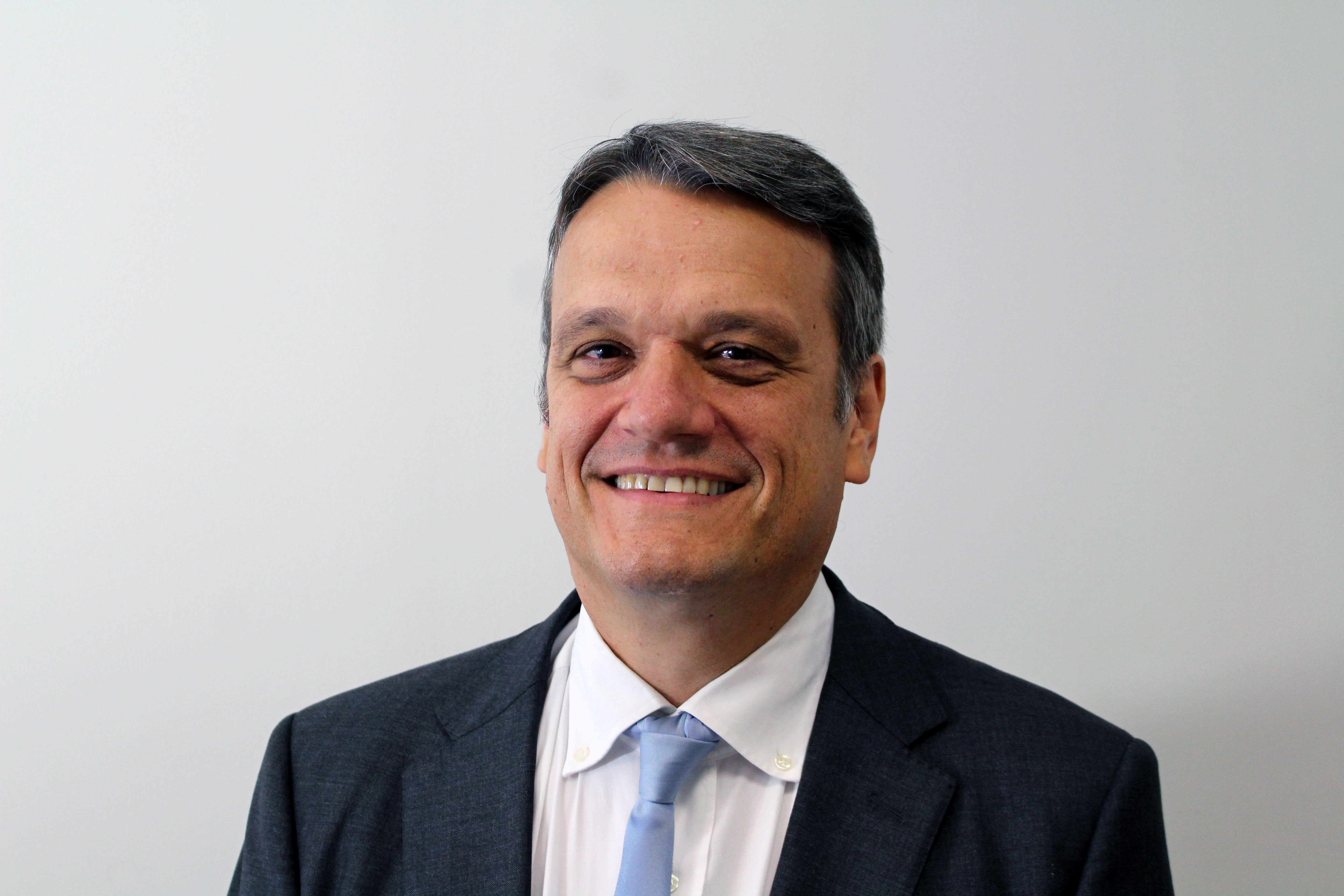Intelligence artificielle : vers une nouvelle révolution militaire ?

Artificial Intelligence (AI) is a priority defense issue for the military powers of the 21st century. Unsurprisingly, the United States and China are currently at the forefront of this new digitalized arms race.
As AI aims to emulate cognitive processes with algorithms and automated processing of big data, it is capable to undertake a growing number of specific tasks in which it surpasses human performances. In the military field, it enables a better management and simulation of the operational environment, provide threats detection, process and simplify large quantities of collected intelligence and to deliver an elementary analysis. In this light, military AI perpetuates the Revolution in Military Affairs that began in the 1990s and now appears as the main path to achieving tactical superiority. As autonomy is progressively becoming a new strategic staple, proponents of a “military humanism” underline the limits of technology, the wide span of potential counter-measures as well as the risk of a loss of control, or a dehumanization of war leading to reconsider the warrior ethos. If these evolutions prompt for a new balance in man-machine teaming, the longer term prospect of the advent of a “strong AI”, one that would be truly autonomous, could transform even more the political-military relationship, and even alter the very nature of the war.
This content is available in French: Intelligence artificielle : vers une nouvelle révolution militaire ?
Related centers and programs
Discover our other research centers and programsFind out more
Discover all our analysesThe Franco-German Brigade and the Revival of European Defense
One thing has been clear since Donald Trump's return to the White House: the very existence of the European unification project is threatened. Unless it develops a sovereign defense policy to counter the war in Ukraine and the weakening of American security guarantees, the European Union will continue to see its internal cohesion and external attractiveness wane.
Taking the Pulse: Can Europeans Build Their Independent Extended Nuclear Deterrent?
Confronted with a U.S. disengagement and the Russian threat, Europeans are reconsidering their stance on nuclear deterrence. Given the capabilities of the French and British arsenals, can Europe develop an independent nuclear deterrent?

RAMSES 2024. A World to Be Remade
For its 42nd edition, RAMSES 2024 identifies three major challenges for 2024.
A Transatlantic Defense Industrial Base? Two Contrasting Views
The evolving landscape of global defense cooperation has brought the transatlantic relationship between the United States (US) and Europe into sharp focus. As geopolitical tensions rise and the threat environment becomes more complex, the question of how Europe can best ensure its security while navigating its relationship with the United States has become paramount. This double feature report offers two contrasting views on the dynamics of US-Europe defense industrial relations, highlighting the challenges and opportunities that lie ahead for both parties.










